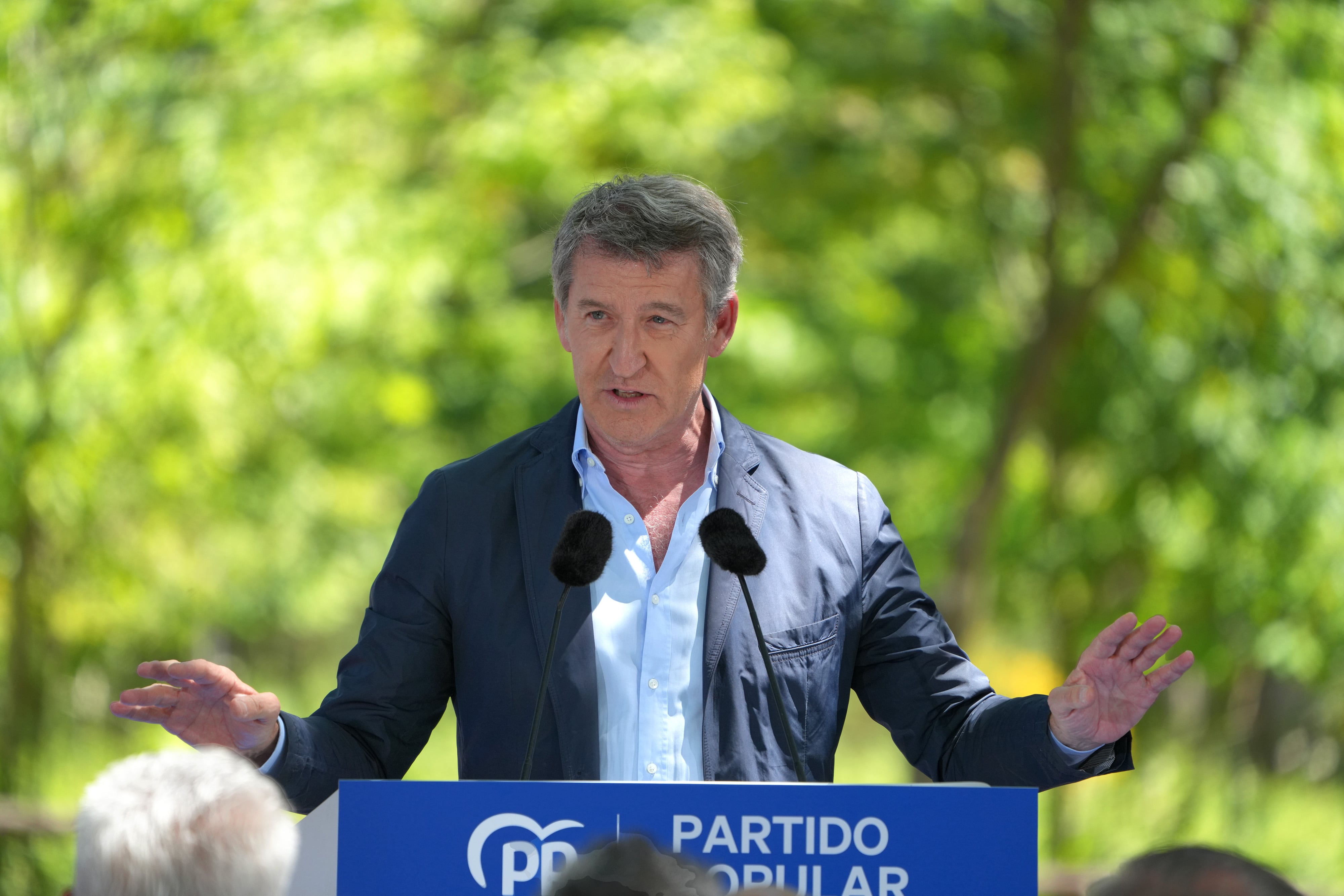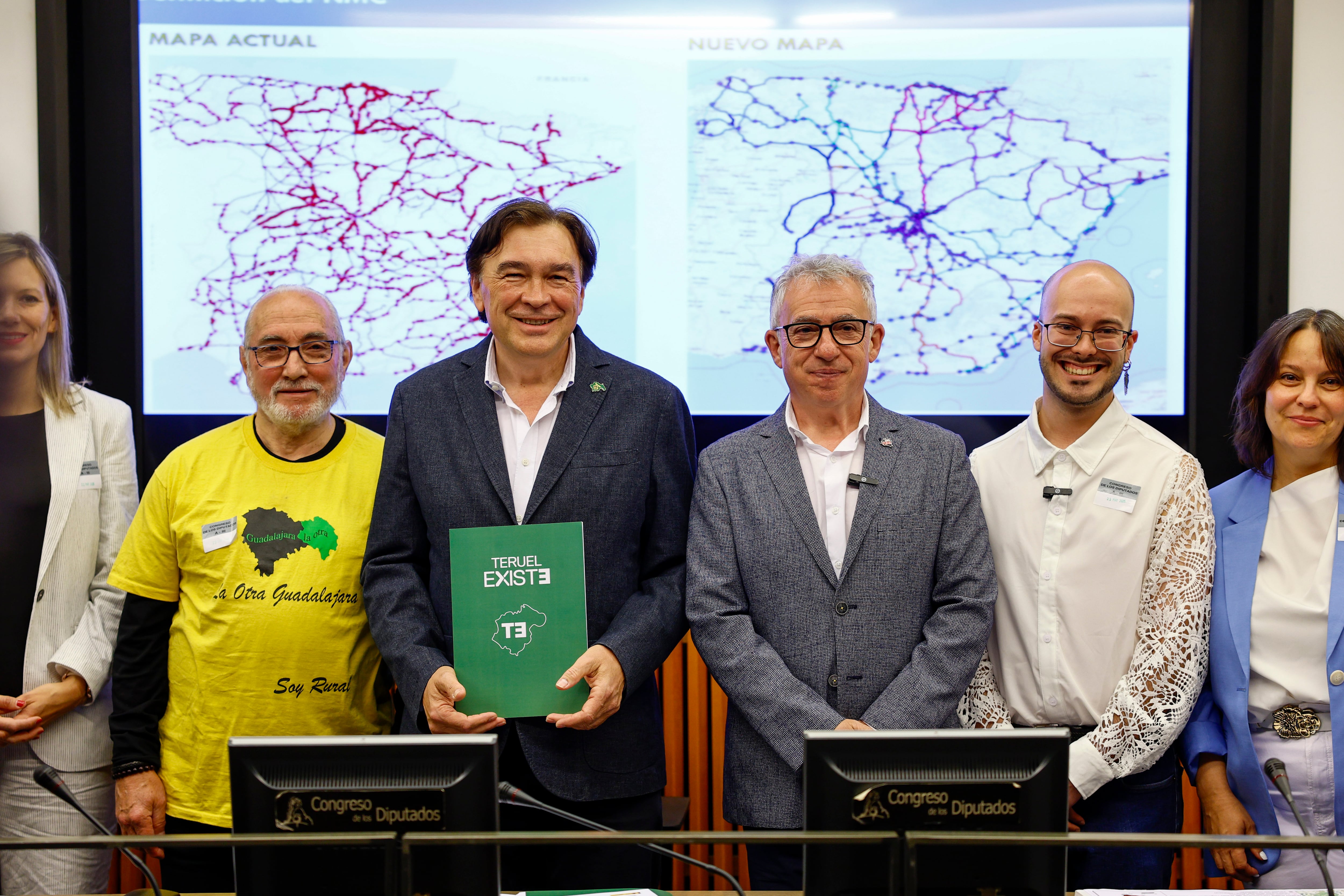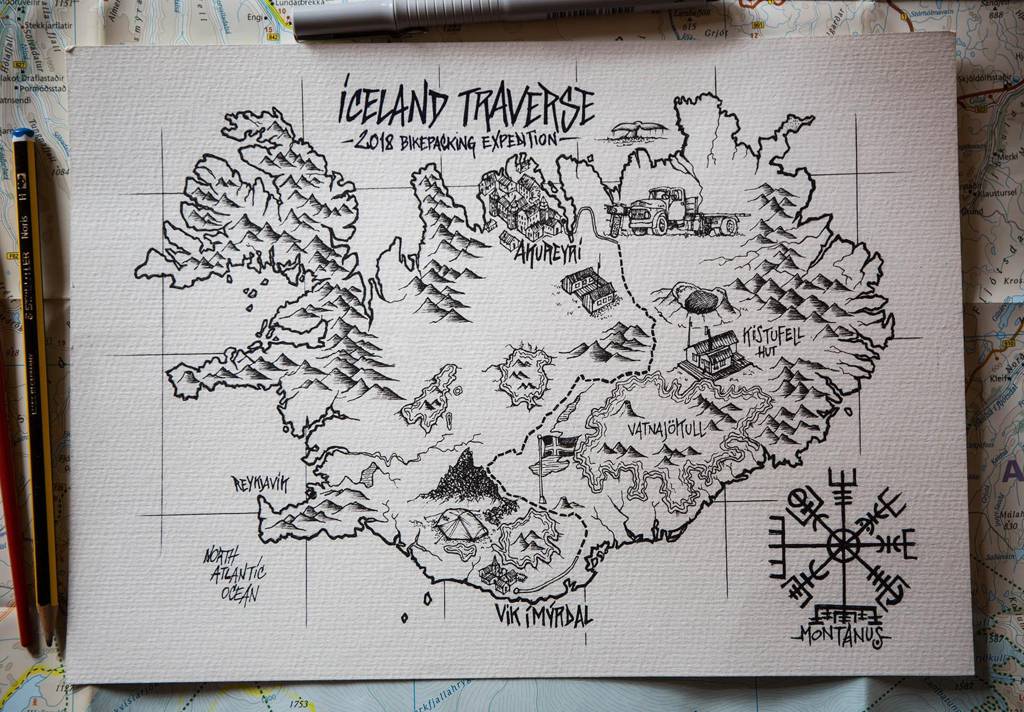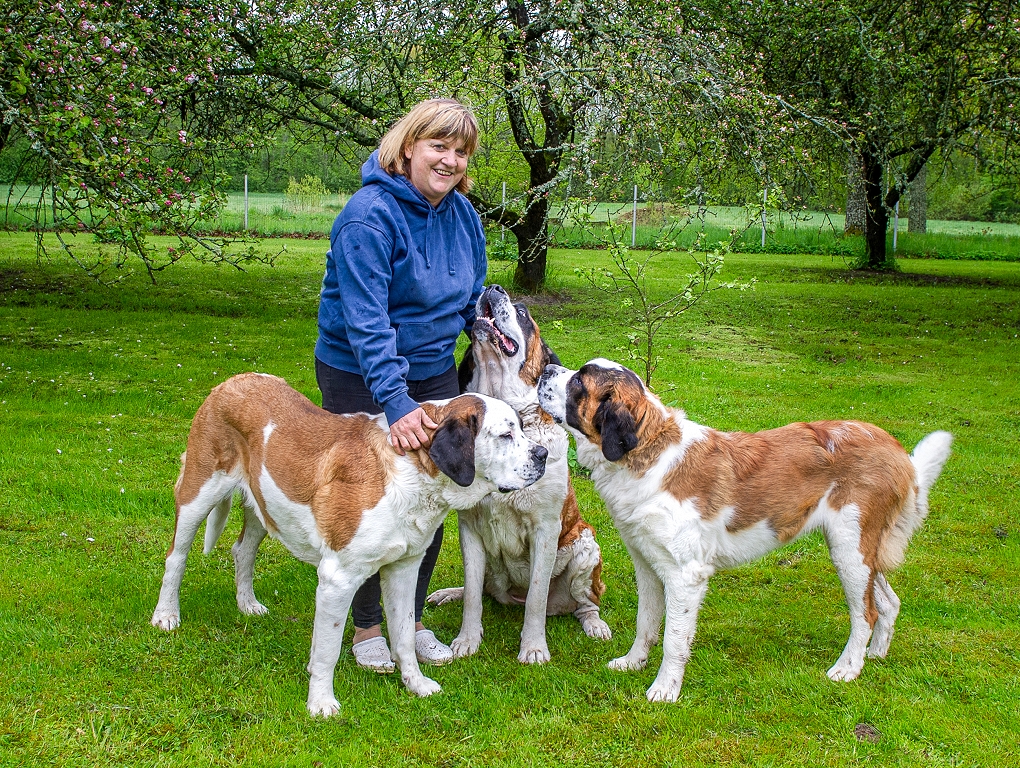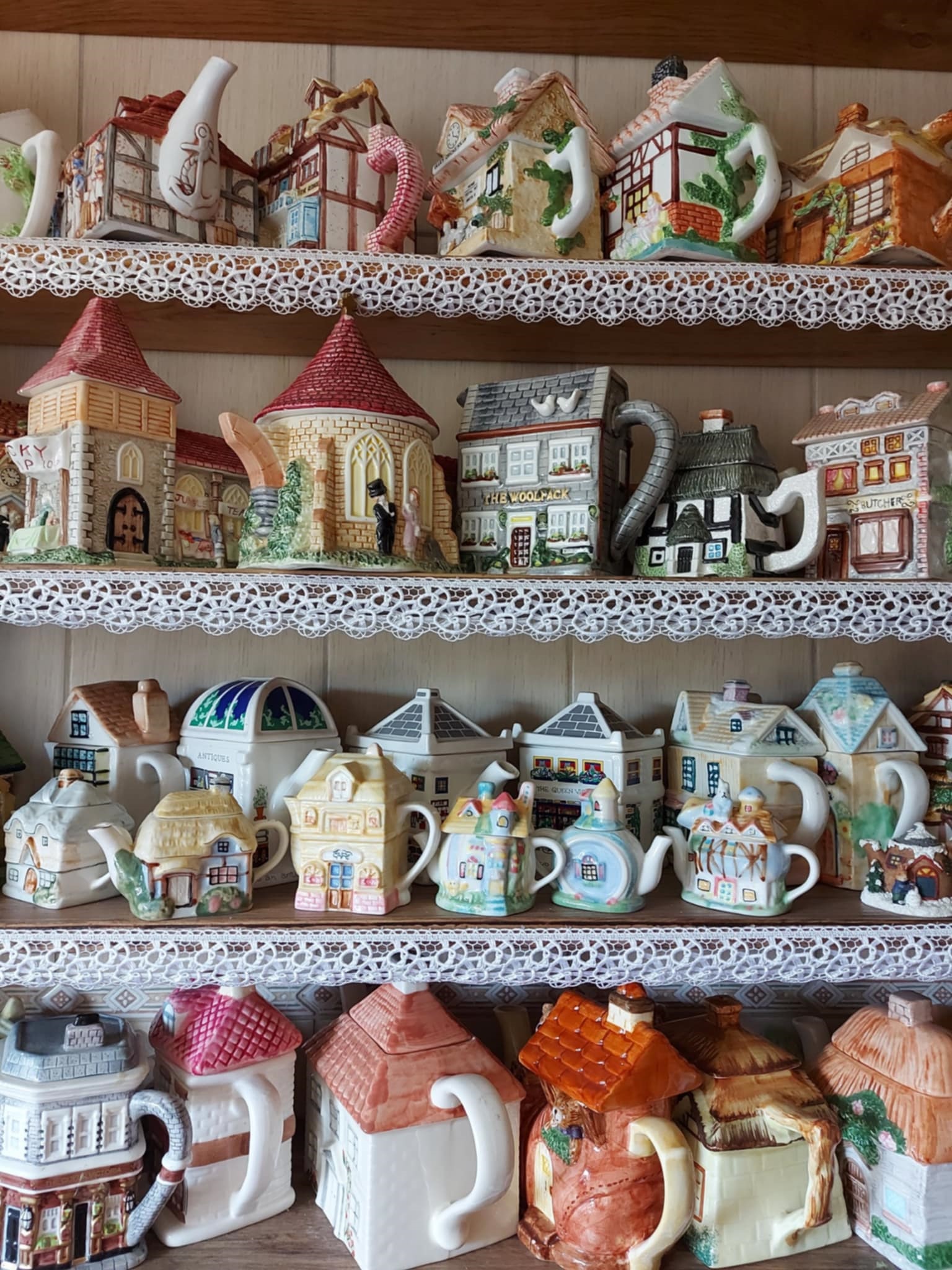We were them | Opinion | The country
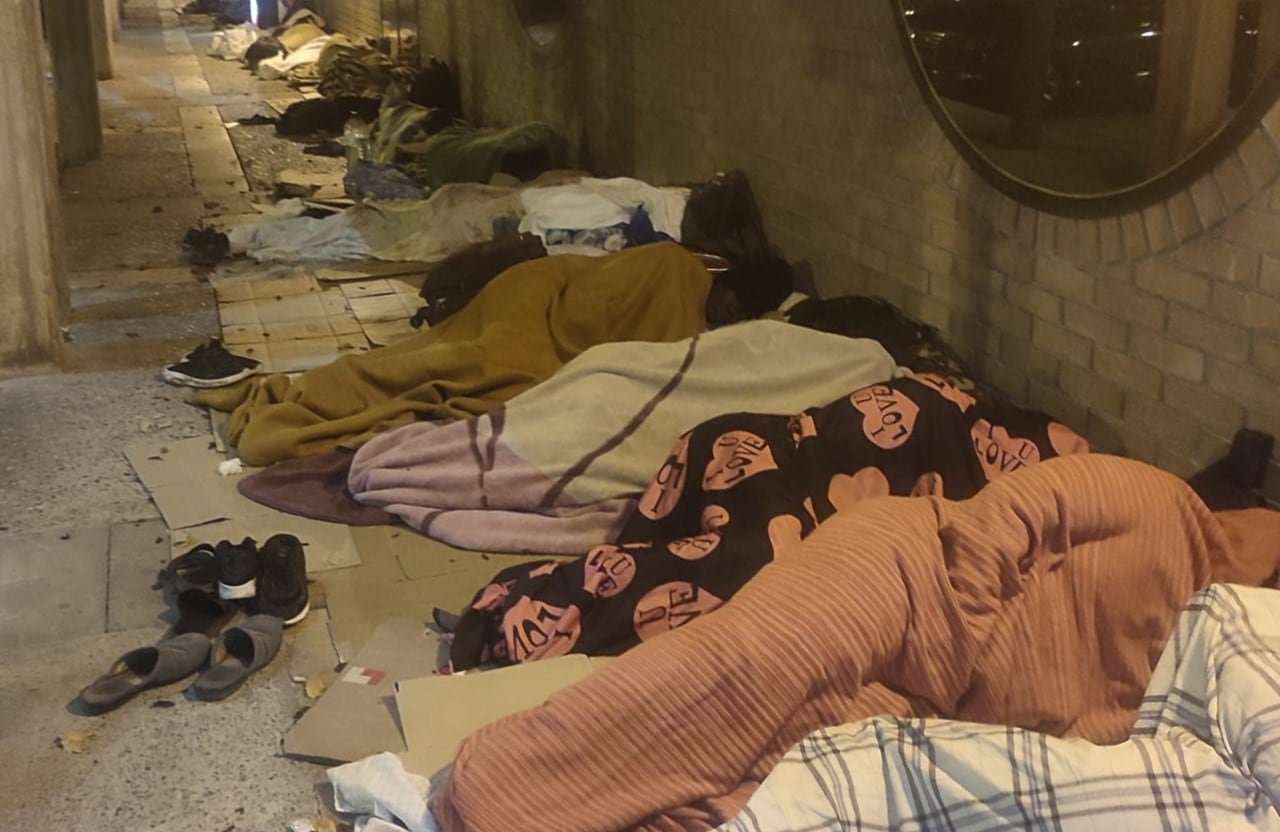
The woman cries. His name is Rosa. He has gray hair. He arrives with his look, withdrawn his chin. He has waited until the end of the tail to tell me in whispers that his father and uncle traveled in he Stanbrookthe ship of defeat and hopes, that merchant ship that carried from the port of Alicante to Oran to the last redoubt of the republican resistance in The bitter spring of 39. He would like his names to figures in the dedication. The names of two of those 2,638 men, women, children, war mutilated evacuated from hospitals, soldiers from the front, human andrajos coated with dignity; All those people charged with bundles, bags, troubles, scarves and suitcases, All of them wrapped by screams and hunger and fear They dye the end of a war.
For me they were history; For Rosa they are your life. His father, his uncle.
The woman excuses himself for emotion. His eyes tell more than a thousand book pages. They are the inheritance of That Spanish exile which landed in North Africa at the end of the civil war. More than 13,000 people escaped from a possible wall or a probable cell and ended in concentration, forced labor or punishment fields in remote places in Algeria, Morocco or Tunisia. Yesterday’s world.
Says Juan Valbuena That poor people leave just a trace. A name in a list, a family letter, a unfair photograph, some drawings on the back of a calendar, a child’s wooden toy; a yellow and purple red flag folded to The next April 14. Tells it in The exhibition Of exodus and wind, A visual and sentimental narrative about Spanish exile in the Maghreb between 1939 and 1962.
Then we were going.
That other woman, less time ago, did not cry. He just clenched his teeth. The trip was another: that of The Spanish storms by half Europe. There was almost no fear or hunger, but uncertainty and tightening among the working classes of Franco’s Spain. It was a night with a moon of the sixties, and his train crossed the Pyrenees. The Beatles did not sound in the car. If there was already what would come: the orders of the foreman in a field in France to make the long harvest. To obey, to fulfill, to make a living life. That’s what Carmen was going with her family. My aunt tells me and complete The exhibition Run from misery, An radiography about the Spanish storms that migrated to work when the Franco could more than Franco. More than one hundred thousand Spanish storms came out every year from villages like mine. A story forgotten by our collective amnesia, so typical of the new rich. A story, rescued by Professor Sergio Molina, who was full of deception, hardships, nights, jerks in warehouses, Sunday solitudes, large farms, unknown language and all labor exploitation that was capable of supporting the need when the word savings was more common than loan or mortgage. One story – Is there another? – of employers and pawns.
A few weeks ago, nine stimers from different nationalities and the same homeland – misery – who were forced to work in endless days for an insulting salary and were kept in subhuman conditions in an abandoned hotel, released in Sagunt.
Not long ago, the pawns were us. But we don’t remember it. Maybe because there is a blind spot in our collective memory. Blind point: The metaphor is Santi Donaire, an Andalusian photographer That more than seven years have passed by documenting with its camera the exhumations of the Cemetery of Paterna, Wall of postwar Spain. In its gloomy wall follow the bullet holes. Donaire has dedicated himself to looking at the hardness and emotion of the process of locating, exhuming, identifying, delivering to families and burying the remains of so many reprisals engulfed by official oblivion. That silence – that blind spot of our history, that trunk of silences and fear – was filled with oblivion to try to plug a wound that still chorrea. An absence in our story. A blind spot. We were us, although we didn’t want to see it.
We were also the storms, the exiles, the emigrants. Now that Congress will discuss the regularization of almost half a million foreign people who live in Spain without papers, people who work and who make us the vintage In the fields and in the houses, with our elders and with our cast packages, in the kitchens of the bars and in the hotel rooms, it would be good to remember that we were recently. And that the train was dark and it was cold upon arrival. Or that the ship was getting over and there was only wind upon arrival.

